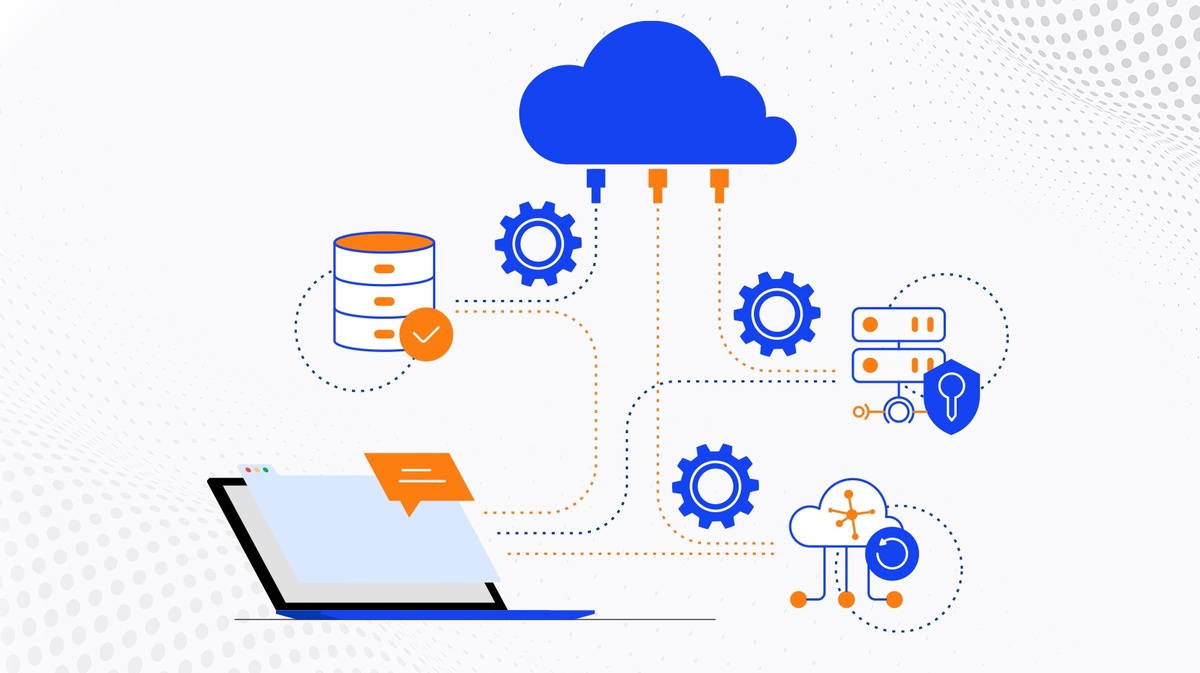The IT infrastructure becomes complicated for large scale organization. That is why their business processes are broken down into collection of small, loosely coupled, and independently deployable services known as microservice. In a microservice architecture style each service focuses on performing a specific business functions and communicates with other services through lightweight mechanisms using Microservice API. In this article we will explore in depth knowledge of Microservice architecture and know how to fine tune performance of Microservice architecture with Microservices testing services.
Understanding Microservices testing services
The microservices once developed must be tested for performance, seamless integration and overall system stability. That is why microservices testing services are used for finding latency issues and interoperability issues. It also helps verify the scalability and fault tolerance of individual microservices and the overall system.
Problems or challenges in Microservices testing
Testing microservices can be challenging due to their distributed nature, asynchronous communication, and complex dependencies. Some common challenges include:
- Service Isolation: Microservices operate independently, which makes it crucial to isolate and test each service in isolation to identify any functional or performance issues.
- Data Management: Microservices often have their own data stores, making it essential to test data consistency, integrity, and synchronization across different services.
- Communication and Integration: Testing the communication and integration between microservices, including the validation of APIs and message passing mechanisms, is critical to ensure seamless interoperability.
- Performance Optimization: Identifying and resolving performance bottlenecks, such as slow response times or high resource consumption, is vital for achieving optimal performance in a microservices architecture.
Why do we need Reliable Microservices Testing Services?
To address the challenges mentioned above, organizations can leverage reliable microservices testing services. These services offer specialized tools, methodologies, and expertise to comprehensively test microservices and optimize their performance. Here's how they can help:
Test Automation:
Reliable testing services employ test automation frameworks and tools to automate the testing process, enabling frequent and efficient testing of microservices. This includes unit testing, integration testing, performance testing, and end-to-end testing.
Scalability and Load Testing:
Testing services simulate various user loads and stress conditions to evaluate how well the microservices architecture scales and handles high traffic volumes. This helps identify performance bottlenecks and ensure scalability.
Fault Injection:
Microservice Testing services deliberately inject faults and failure scenarios into the microservices ecosystem to evaluate the system's resilience and fault tolerance. By simulating failures, organizations can proactively identify and mitigate potential issues before they impact end-users.
Monitoring and Performance Profiling:
Testing services assist in setting up robust monitoring and performance profiling mechanisms to track the performance metrics of microservices. This enables organizations to identify areas of improvement and optimize the system's performance continuously.
Security Testing:
Reliable testing services incorporate security testing practices to identify vulnerabilities and ensure the microservices architecture adheres to security best practices. This includes penetration testing, vulnerability scanning, and secure coding reviews.
Conclusion:
As microservices architecture continues to evolve and reshape the software development landscape, reliable microservices testing services are becoming indispensable for organizations aiming to fine-tune their system's performance. These services offer a comprehensive approach to testing, ensuring the reliability, scalability, and fault tolerance of microservices. By embracing these testing services, organizations can optimize their microservices architecture and deliver high-performing, robust, and scalable applications to their users.


No comments yet